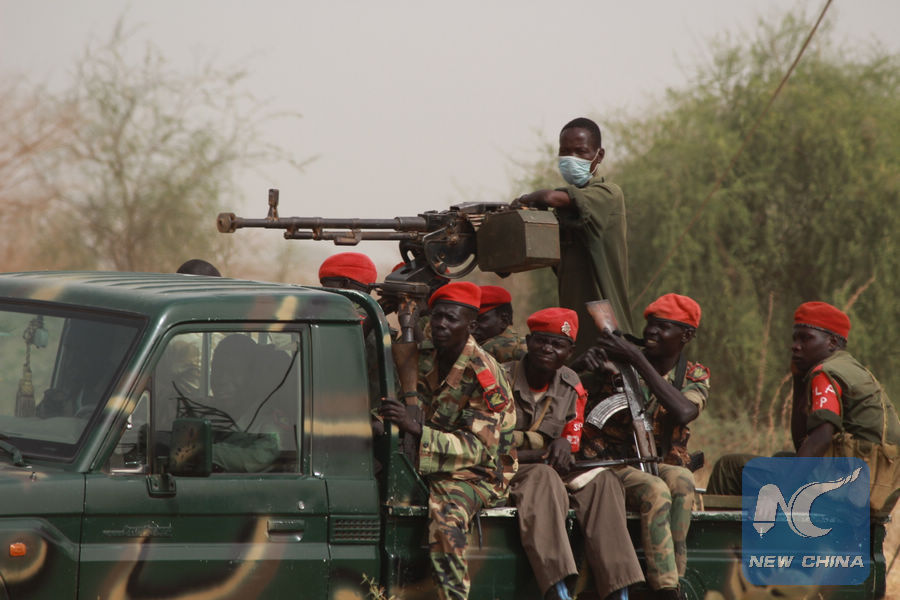

Amidst the ongoing violent clashes in Sudan’s capital Khartoum and across the country, tens of thousands of pregnant women are facing grave danger as it has become too risky for them to leave their homes to seek essential healthcare services in hospitals and clinics.
The United Nations sexual and reproductive health agency, UNFPA, estimates that there are 219,000 pregnant women in Khartoum, including 24,000 expected to give birth in the coming weeks. The conflict between the Sudanese Armed Forces and Rapid Support Forces has made it exceedingly difficult for women to receive necessary antenatal, delivery, and postnatal care.
The healthcare system in Sudan has also been hit hard by the conflict as at least 20 hospitals have been forced to shut down in Khartoum, and 12 more across the country are struggling with power and water cuts and shortages of staff. Medical personnel are unable to travel to work, and humanitarian aid is not getting through due to roadblocks and ongoing fighting.
This has left medical facilities understaffed, overwhelmed, and running low on critical medical supplies. If the violence continues, the healthcare system could collapse, leading to fatalities of pregnant women and their unborn children.
UNFPA is equally concerned about the 3.1 million women and girls who are facing increased risks of gender-based violence due to interrupted protection services during the clashes. All parties to the conflict are reminded of their obligations under international humanitarian law to protect all civilians, including health workers and humanitarians, and ensure unrestricted access to healthcare facilities for those in need.
UNFPA deplores the deadly attacks on UN staff and stands in solidarity with other UN agencies and the wider humanitarian and development community. The organization is concerned about the safety of its staff in Khartoum and other affected areas, who are trapped inside their homes without access to water, food, and critical medicines.
Despite the challenges, UNFPA continues to provide life-saving healthcare services, distribute supplies for safe births, and manage obstetric emergencies through a network of midwives, while also striving to ensure the safety of its staff, partners, and their families. Additionally, efforts are being made to train service providers to offer remote psychosocial support to women and girls at risk of gender-based violence.
UNFPA joins the UN Secretary-General in calling for the respect of the humanitarian pause to enable people to access food, water, medicine, and the healthcare they urgently require amidst the unprecedented needs of the Sudanese people.

